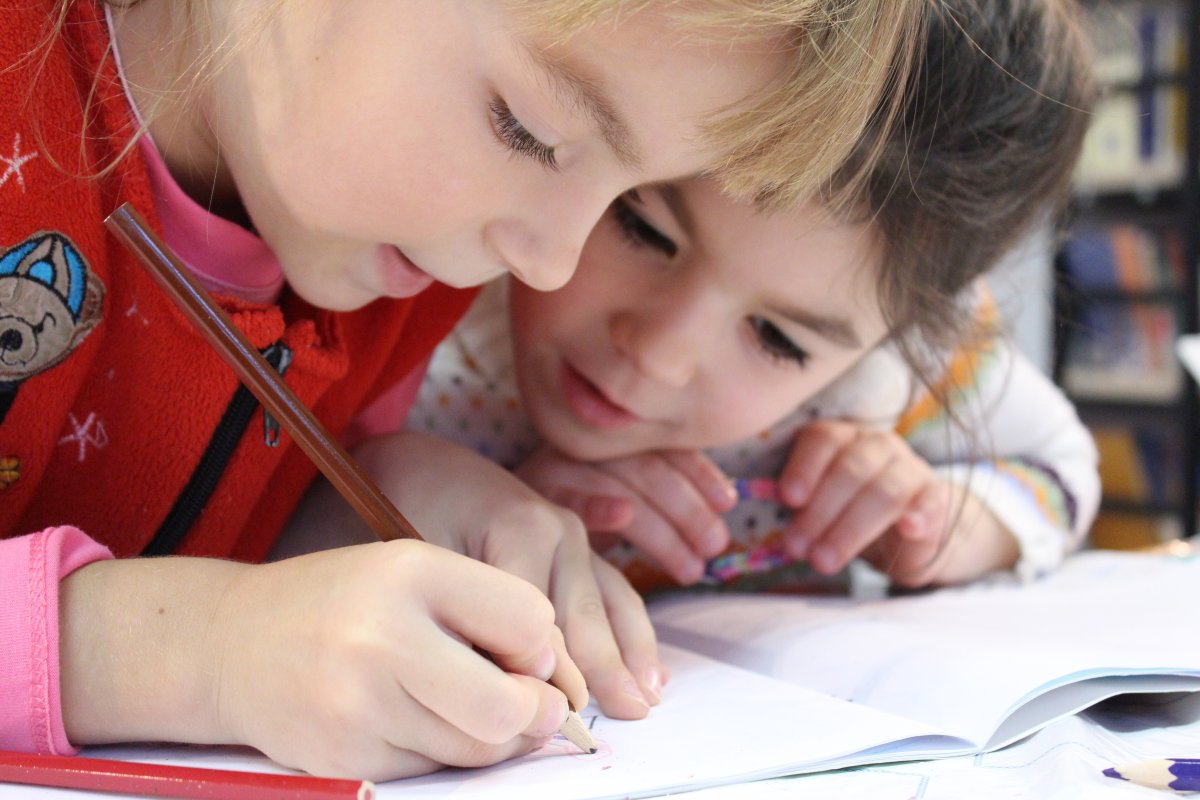The Saskatchewan Early Childhood Association (SECA) is asking the Government of Saskatchewan to shut down all childcare programs to help eliminate the spread of the novel coronavirus.

“Right now they’re remaining open because that is what has been mandated by Saskatchewan,” said Georgia Lavallee, executive director of SECA.
This has caused several challenges for childcare providers across the province.
“They are either having an influx of children coming in from schools, which is the opposite of what we need to do in terms of social distancing,” Lavellee said, “or when we speak to homes, many of them have families pulling them from their programs and their homes and they’re losing children and income.
“They’re just trying to stay afloat, to be perfectly honest, and they’re just waiting for more information from the government.”
Lavalle is hoping the province can provide a clear plan to childcare providers, one that includes financial assistance to staff.
“Home providers are essentially entrepreneurs who are reliant on this income,” Lavalle said.
She said caregivers who are choosing to close to prevent the spread of COVID-19 have been told they will lose their funding. Others have been told they need to stay open to provide childcare options for healthcare workers and other essential services’ employees.

Get weekly health news
Global News has reached out to the Government of Saskatchewan for comment.
Chief Medical Health Officer Dr. Saqib Shahab told reporters on Thursday that the discussion of closing childcare centres did come up as schools and universities across the province closed.
However, he said smaller daycares of around five to seven children will be fine. He recommended daycares that serve more children should be split up into rooms to serve “like multiple daycares.”
Some provinces have limited daycare sizes, or like Ontario have limited them altogether, but Shahab doesn’t think that’s necessary at this point.
“The infection rate seems to be lower in younger children, and those under 20. But then again why close schools?” Shahab said. “It’s complicated, but this is not primarily transmitted through children.
Saskatchewan NDP leader Ryan Meili says there is a lack of clarity of information being provided, which doesn’t serve the public during a pandemic.
“During a crisis like this — and that’s exactly what we’re in — people need information, they thrive on information,” Meili said.
“The more people are uncertain, the more worried they are and the more likely they are to feel that they’re in a dangerous situation. That’s all the more reason why we’re asking for clarity and action on childcare today.”
Questions about COVID-19? Here are some things you need to know:
Health officials say the risk is low for Canadians but warn this could change quickly. They caution against all international travel. Returning travellers are asked to self-isolate for 14 days in case they develop symptoms and to prevent spreading the virus to others.
Symptoms can include fever, cough and difficulty breathing — very similar to a cold or flu. Some people can develop a more severe illness. People most at risk of this include older adults and people with severe chronic medical conditions like heart, lung or kidney disease. If you develop symptoms, contact public health authorities.
To prevent the virus from spreading, experts recommend frequent handwashing and coughing into your sleeve. And if you get sick, stay at home.
For full COVID-19 coverage from Global News, click here.














Comments